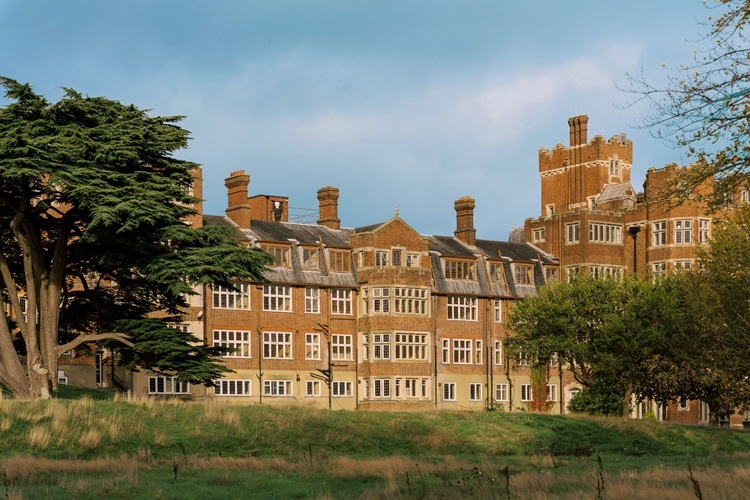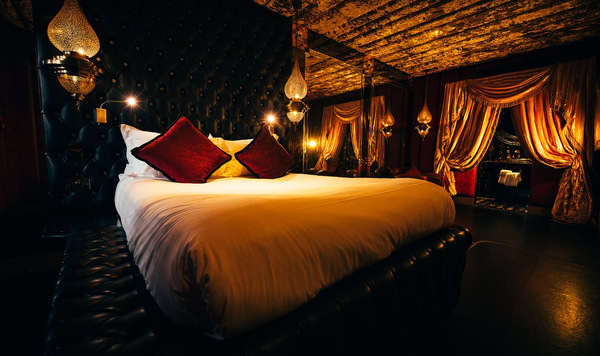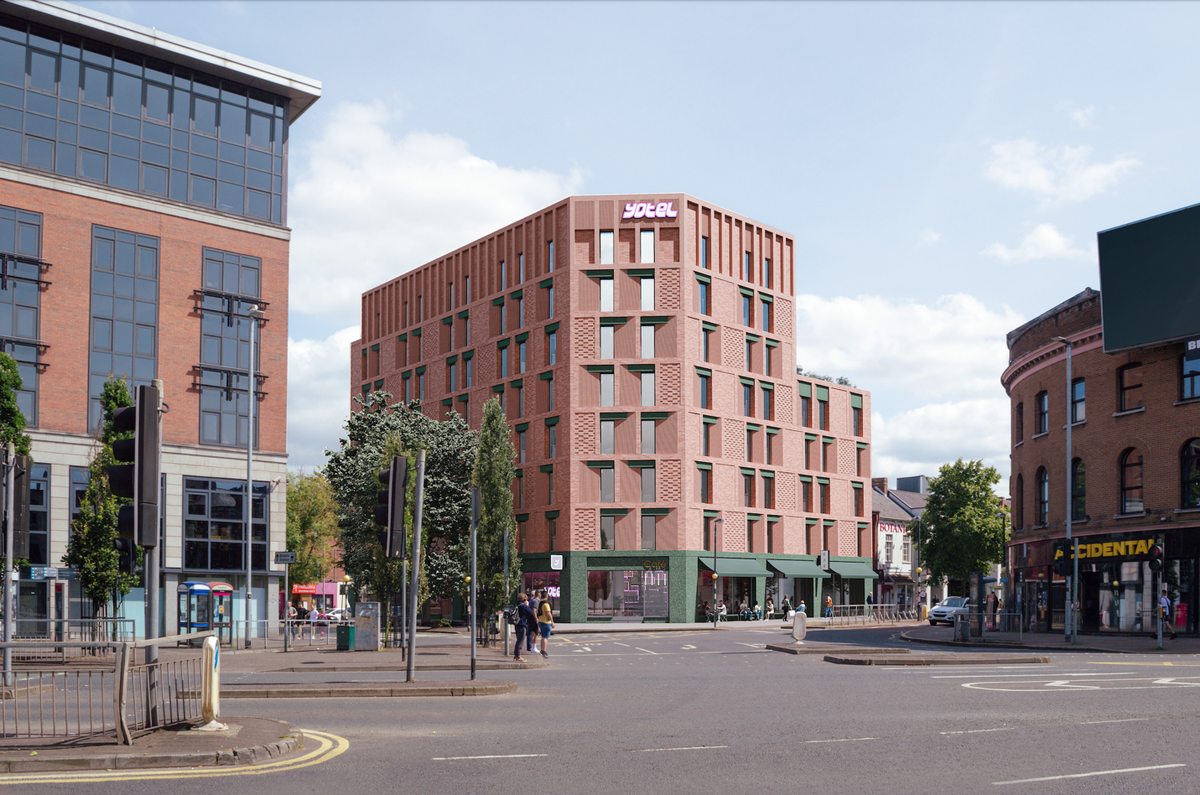2016 a "record-breaking" year for NI hotel business
Northern Ireland's 2016 hotel performance figures have been described as "record-breaking" and "outstanding" by ASM Chartered Accountants' 2016 annual hotel industry survey.
The survey found that the demand for hotel bedrooms across Northern Ireland in 2016 increased to a record high occupancy rate of 77.9%, up from 2015's average of 77.5%.
Average room rate increased by 4.1% to £77.95, with the average revpar for the year £60.74; a 4.6% increase year on year.
Total revenues per room increased by 15.7% to £53,363, reflecting revenue growth in all areas of hotel operations, which boosted EBITDA per room by 17.7% to an average of £10,816 per room.
Belfast in particular had an "outstanding" year, with record room demand levels, room rates and profits, and an occupancy rate of 83.5%. Similarly, rural and resort/spa hotels saw increased revenue and profit with bedroom occupancy rates at 76.0% and 80.3%, respectively.
In Derry City, however, while the demand for bedrooms increased, income in other areas of operations declined.
The performance of the tourism industry over the past five years has led to a wave of new hotel announcements in Belfast, Derry City and along the north coast, and at Slieve Gullion. In Belfast, there are around 1,100 new hotel bedrooms currently under development, as well as plans for an upmarket resort/spa hotel on the north coast, a mid-market hotel expected to come to market in 2019 in Derry City, and £10m luxury hotel and spa redevelopment plans for Killeavy Castle in South Armagh.
Michael Williamson, director of consulting at ASM, said: "Without doubt, the almost instant decline in the value of sterling on the back of the EU referendum result in June 2016 boosted our competitiveness as a destination and in Belfast especially this made a tangible difference to the demand for accommodation in the second half of the year. But it would wrong to credit all of the progress achieved in 2016 to the exchange rate movement. There was already underlying growth in many areas outside of the capital city, while in Belfast, the opening of the extended Waterfront Hall has massively improved its appeal to the meetings, conventions and exhibitions segments.
"Certainly, the level of development in Belfast is unprecedented and will add around one-third to the supply of room stock by the end of 2019. It's hard to see how the demand for rooms can grow at this level in the short-run, so I fully expect there to be some decline in average bedroom occupancy rates from 2018 onwards."
Hastings Hotels invests over £60m in growing portfolio >>
McKeever Hotel Group buys Dunadry hotel in County Antrim >>
Jean-Christophe Novelli to open restaurant at Belfast Harbour development >>
Videos from The Caterer archives

















